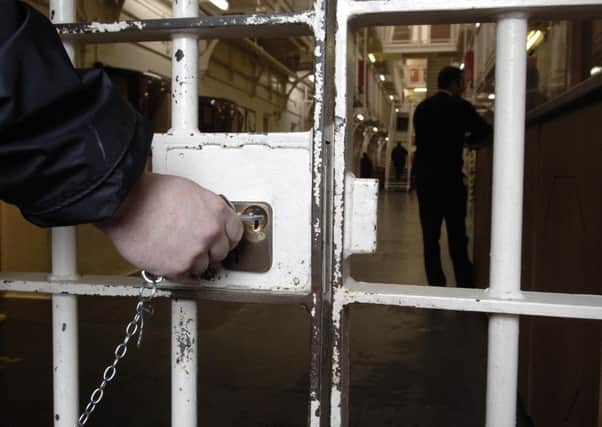The three things you need to change life for the better – Karyn McCluskey


First, you need the will to change – this is vital. Does the system really want to change? Then you need a stretch target, one that requires new ideas, innovation and strategies to reach. Finally, you need the means to deliver it, how change will be executed. Often this is felt to be the most difficult stage – you need buy-in from front-line teams, so they can make and monitor the change themselves. In Scotland, we’ve done this many times, successfully. We’ve changed things dramatically and consistently – you only have to look at the huge reduction of young people in our criminal justice system to know we’re a force to be reckoned with, when we set out minds to it.
I’ve heard my colleague and friend Professor Jason Leitch, the Scottish Government’s national clinical director, talk about this theory of change many times – and he should know; change is his bread and butter. Whether it’s improving surgical safety or infection in intensive care, he and his team have used this model and improved lives for so many.
Advertisement
Hide AdAdvertisement
Hide AdIt makes me think about all the other wicked problems that torment Scotland, which people lament about constantly across the country as well as the political spectrum. Drug deaths, overflowing prisons, children in care – the list is long. There’s so much hand-wringing, so many column inches (mine included) that if concern powered change, we’d be streets ahead by now.
Take our groaning – and growing – prison estate. We’re a country full of big brains with big ideas. There are academics, practitioners and many others who’ve written screeds on what we should and, more importantly, could be doing. There are conferences upon conferences, where proposals are shared and discussed. We have lifted our heads and looked at examples in Finland and Sweden.
We have an army of people on the ground who care. A group who are passionate about making lives better for those trapped in the gravitational pull of the justice system. A team spanning professions, expertise and experience who are ready to try whatever it takes to transform the lives of those they serve. So what’s missing?
We have the ideas and the innovators that would help us set a stretch target and we have a means of delivery that is muscular and ready to flex. Do we have the will? Will isn’t being sad or shocked. It’s not concern, no matter how grave it’s felt. Will is active, decisive and relentless in the pursuit of what it desires. And will is scary because it involves “actual” work, but it’s the only thing that works. All systems deteriorate without the will, ideas and execution to improve them. It isn’t a choice between the status quo and change, it’s a choice between deterioration and improvement.
But, while I see those who are desperately trying to drive change (and I do see you even if it feels like no one does), I don’t feel the overwhelming clamour for radical change, even as every monthly prison population bulletin arrives with yet more bad news.
I get it, I do. Some things feel too big, too overpowering and too inevitable to tackle. When it feels like a force of nature, the instinct is to batten down the hatches and keep yourself safe. But this isn’t an extreme weather event. It is a problem of our own making and the solution can only be of our making too.
For real change, you only need three things. We know it isn’t beyond our wit or capability, but the crucial question is, do we want it? And if not, what does that say about our country?
Karyn McCluskey is chief executive of Community Justice Scotland
